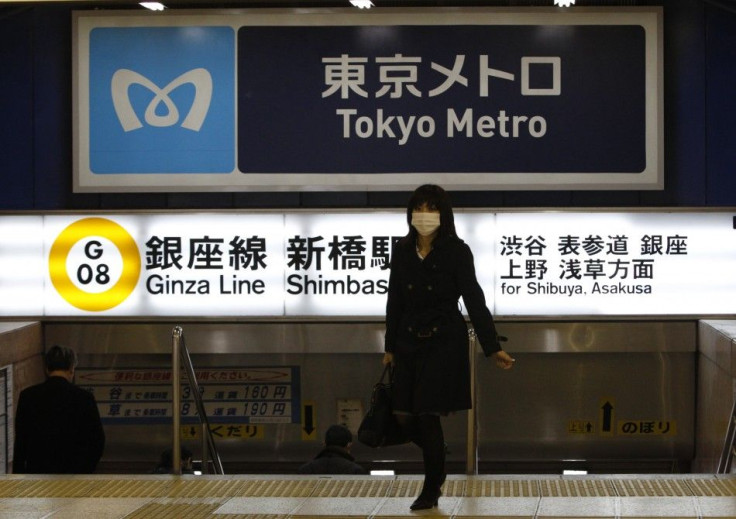Immigrants, foreigners seeking to flee Japan if crisis worsens

Panic-stricken by the growing nuclear crisis in Japan, thousands of immigrants are swamping immigration offices to apply for re-entry permits in case they plan to evacuate the country.
According to officials at the Tokyo Regional Immigration Bureau, almost 5,000 people filed for permits on Wednesday alone.
China was the first nations to formally seek to evacuate its citizens from Japan.
I arrived here at around 9:30 a.m. And there already was a long line, said a male Chinese student, according to JapanTimes.
My friend told me it's going to take five or six hours to reach the application counter, so I came here expecting to wait that long.
The Chinese man said he will return to China but does not know when or if he will return.
I listened to Prime Minister Naoto Kan's speech yesterday, and also to other government officials' announcements, but nothing seems to be trustworthy, he said. I'm not sure if they are telling the truth.
Japan Times spoke to a Chinese woman in Tokyo who also expressed her fears about the current unprecedented crisis.
I can't go back to China because all the flights heading to China are fully booked. But just to prepare, I came here today, she said.
Many want to go back [to their native countries], out of fear of radiation leakage.”
Like her male compatriot, she also distrusts the statements made by Japanese government officials about the Fukushima nuclear power plant
I wonder if all the truth has been told in news reports. Watching TV these past couple of days, I just can't trust the news, she said.
The Chinese Embassy in Tokyo has already arranged for the repatriation of its nations from four prefectures in northern Japan -- Miyagi, Fukushima, Ibaraki and Iwate — to airports in Tokyo and Niigata to fly back to China.
We hope our compatriots in the worst-hit disaster areas remain calm, listen to instructions, understand and cooperate with the evacuation operation, the Chinese embassy said on its website.
Everybody was happy when we heard that the embassy would send a car to pick us up, a Chinese resident in quake-struck Sendai, told The Beijing News.
According to Time Magazine, a Chinese resident in Japan complained “the supplies in the supermarkets have almost sold out. All that my colleagues talk about is nuclear leakage.
Immigrants from other countries are also making plans to leave Japan, if necessary.
A Bangladeshi engineer in Tokyo told Japan Times: I don't have any plan so far to go back to Bangladesh. But all my friends from Bangladesh already got re-entry permits, so I decided to get one myself. I'm not worrying about earthquakes. What worries me is about the Fukushima crisis.”
A family from South Korean has already purchased tickets to fly out of Japan.
We are afraid of radiation rather than aftershocks, a South Korean man told Japan Times.
We hear about the Fukushima nuclear power plant every day. But I don't know if what we are hearing is the truth.”
Some other major countries with sizable populations in Japan have advised them to exit the country. It is believed that about 3,000 of the 5,000 French nationals in Japan have already departed.
© Copyright IBTimes 2025. All rights reserved.





















